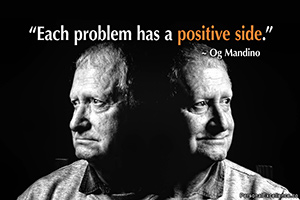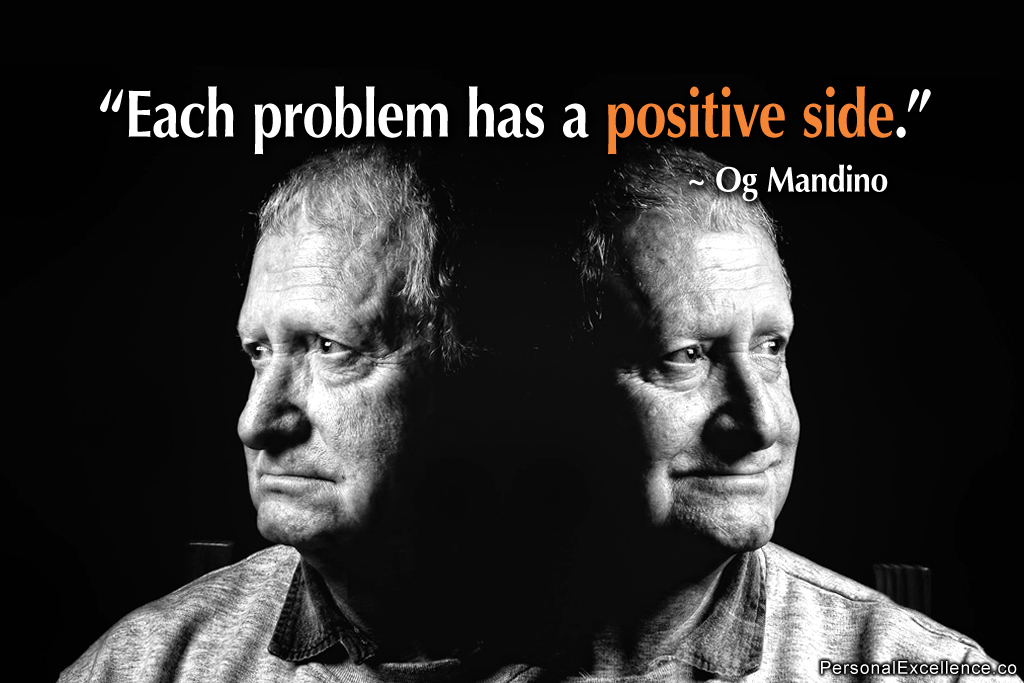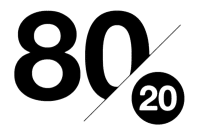
(Image: Ethan Lofton)
“Hi Celes. Throughout your blogging/writing/personal development career in the past few years, have there been times when you feel tired and run out of ideas for what you’re doing?
How did you overcome them and how did you motivate yourself again?
So for example, I love what I’m doing right now, but there are just times when I need to break myself away from it, like having a day or two off those activities, usually when I’m running out of ideas and/or feeling tedious from repeating the same thing (lack of excitement after doing it for a while).
Thanks!” — Nicholas
Hi Nicholas! :) It would appear that there are two parts to your first question: (a) Whether I’ve ever lost motivation, and (b) whether I’ve ever run out of ideas for my work.
To answer (b) first, no I’ve never run out of ideas. In fact I was just telling a fellow reader today that I’ve too many ideas and not enough hands/time/resources to execute all of them!
So what I do is I prioritize and focus on my big rocks and my 20% high-value tasks (the tasks that make the most difference in achieving my big rocks). This helps me get clarity on the things that matter and the things that don’t.
(For ways to generate new ideas, read 25 Brainstorming Techniques.)
On (a) whether I’ve ever lost motivation or felt tired in the course of my journey, actually, yes. There have been a handful of times when that happened, though more so at the beginning than now. And I wouldn’t say that I lost motivation per se, but experienced a feeling of disheartenment.
It’s not for the reason that most might think though: it had nothing to do with whether I was achieving results or not. Firstly, everything was actually moving along well in my business, and in fact better than what I had planned. Two, I always see results (or lack of thereof) as a function of our efforts. If we aren’t getting the results we seek, it’s simply a signal for us to revise our strategy and actions accordingly. When you keep working on something (and adapt your actions in accordance with your results), it’s a matter of time before you reach your goal.
My past feelings of disheartenment came from not feeling appreciated for my work or feeling like my work was in vain.
For example, there were times when I worked tirelessly on a project/article, but got (what I felt was) unsupportive feedback.
A case in point was when I released the Personal Excellence Book in 2010. PEBook was meant to be a compilation of my best articles at the blog, which readers can purchase (a) as a handy tool to pursue their growth and (b) to support PE at the same time. I remember I had a reader argue about the price of the book and that it wasn’t worth the price because some of my articles were already offered free via my free ebooks on the blog.
At that time, I found it a little depressing because I had set the price after much consideration and ensuring that the book was well its worth. The reader had also claimed to be my number one fan, and the book was my first product and really a way for readers to support me. I didn’t understand why it had to come down to quantifying the book’s value in such granularity.
Another time was when I released the premium version of Live a Better Life in 30 Days (in 2010 as well), after intensively working on it for several weeks. It was my second paid product after two years of running PE.
When I shared that purchase of 30DLBL was necessary to attend the Dec 2010 run of 30DLBL, some readers said it was unfair that I was charging money. They felt that I should make it free and let everyone participate, even though (a) I had spent a lot of time and effort developing the program, and (b) I need to dedicate time to run and moderate the challenge daily, much like a full-time job.
Similar programs like this can easily cost hundreds to thousands of dollars, but because I have always been giving so much of my time for free here, I was expected to keep doing that and not charge for anything (in which case I didn’t see how I was ever going to earn any income from my work on PE).
I would also feel disheartened when I dedicated my whole self to running challenges (be it past 30DLBL runs or the 21-Day Healthy Living Challenge in 2011), but faced participants who gave up or dropped out midway during the challenge. I often felt quite frustrated during those times. Short of flying to the countries they live in, knocking on their doors, and getting them to work on the tasks, I didn’t know what else I could do to help them work on their goals. Sometimes I felt like I was more invested in others’ growth than they were, which was a strange situation to be in.
In short, because I give so much of myself here, I couldn’t help but feel that many people often took me and my efforts for granted. That I would forever be here doing this regardless of whether anyone paid heed to me. While none of these incidents changed my passion for PE (it is, after all, my life purpose), I still felt pretty disheartened during those times. I started to wonder why I was even doing this and to what end I was doing it for.
In the end, what helped me break out of this sentiment was when I questioned the source of this emotion. I realized my disheartenment was linked to my readers’ reactions. Somehow, I had subconsciously expected my readers to fulfill a certain role in my passion pursuit, be it to respond to what I write, share supportive feedback, and/or work on their personal growth.
But when I drilled into this expectation, I realized that it was essentially baseless. I have no right to expect anyone, not even the readers at PE, to do anything. The only thing I can ever do is to relentlessly pursue my passion to grow and to help others grow. Whether others want to work on their growth is their own choice to make.
When I realized that, I gained peace with myself, and in a way, my passion. Since then, I’ve focused solely on pursuing my passion as best as I can, without expecting anything in return.
I’m happy to say that this has given me a new-found joy (I was previously happy, but I’ve since become happier). It has also removed the silent pressure I used to place on my readers, such as expecting them to commit to their growth or to achieve their goals, hence allowing them to come into their own, if it makes sense.
I believe that when we focus on the things we can effect vs. the things outside of our control, we can achieve more of what we want. When we adopt a 100% internal locus of control, we gain a 100% control of our reality.
You also said:
“So for example, I love what I’m doing right now, but there are just times when I need to break myself away from it, like having a day or two off those activities, usually when I’m running out of ideas and/or feeling tedious from repeating the same thing (lack of excitement after doing it for a while).”
Taking breaks is absolutely normal and important, and I share that in Habit 2 of 8 Habits of Highly Effective People. I personally take breaks where needed, in order to recharge, get fresh ideas, or to gain perspective on what’s important.
At the same time, I recommend you to develop an empowering routine, meaning a routine that excites you and keeps your energy high throughout the day. This usually means mixing up your routine and switching tasks or activities when your interest wanes.
The logic is this: It is difficult to work on the same thing for a long stretch of time with the same burst of energy. Sometimes we may face barriers, and it helps to switch gears to get perspective. Sometimes we experience weariness from doing the same thing. By varying our tasks, it keeps our senses engaged and inspiration flowing.
So, part of what helps me achieve peak motivation is that I adopt a routine that empowers me. A very simple example can be:
- Day 1:
- (Morning) Work on Project A;
- (Afternoon) Work on Project C;
- (Evening) Meet up with friends.
- Day 2:
- (Morning) Work on Project B;
- (Afternoon) Work on Project C;
- (Evening) Read some books; Rest/Alone time.
- Day 3:
- (Morning) Work on Project A;
- (Afternoon) Do some long-term planning for business; Work on Project B;
- (Evening) Attend a networking event.
Notice that the tasks are varied and there are different elements of tasks such as meeting people, reading books (to acquire new knowledge), personal rest time, long-term planning, and working on different projects. Each activity helps energize me, and gives me inspiration for other areas of my work.
Let yourself change your routine when necessary. The point is to do the tasks that excite you most currently, rather than force yourself to work on things. While it may lead to some back-and-forth at first as you figure out what you really like to do, in the long run you will be much more in tune with your motivation.
The following articles will be helpful:









 Thanks for reading. If you like my free articles, join my private email list and get my latest updates and articles sent right to your inbox.
Thanks for reading. If you like my free articles, join my private email list and get my latest updates and articles sent right to your inbox.